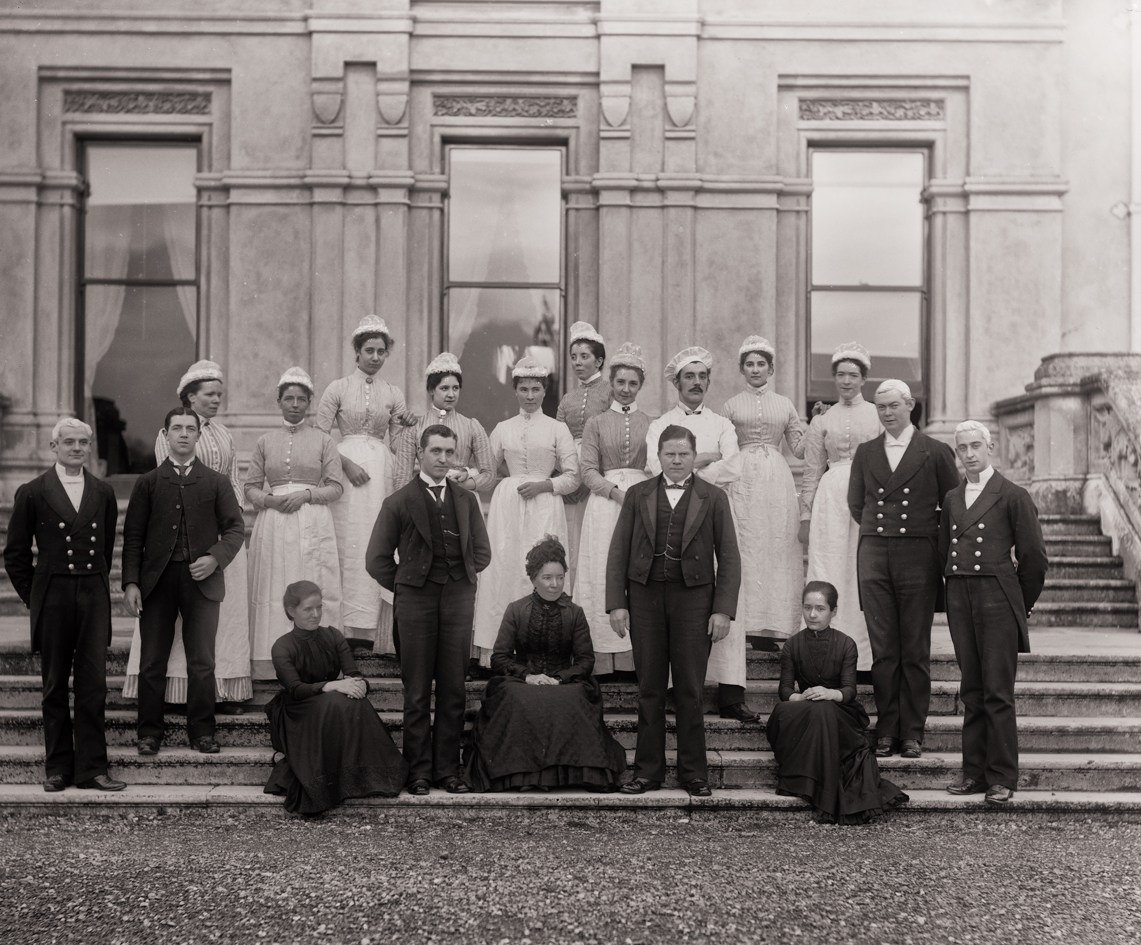For the first time in history, the internet provides the means for the people to throw off the ruling hierarchy (royalists/oligarchs and their ‘puppets’ (as Trump calls them)) yet in-the-tank ‘experts’, and media sources convince us to spend our time with other concerns (hey look: immigration! drugs! terr0r! war! gays! stocks! games! shows! and more …).
In Roman times, this ‘headfake’ was known as ‘bread and circuses’ (Note that ‘The Hunger Games’ takes place in a country called Panem, latin for ‘bread’). Keeping the populace fed and entertained meant reduced trouble. But today, for the first time the people have an alternative that is within reach.
When asked what the form of the new Government of the 13 colonies would take, Benjamin Franklin famously retorted: “A republic, if you can keep it.” Today, technology provides the possibility of a new form of governance that could take humanity to a new level, just as the republican form of government did nearly 300 years ago. Yet no one is talking about this possibility in a race for the Presidency that appears to break new ground because of the outspoken outsiders that are leading.
For hundreds of years, civilization has ordered itself as a hierarchy lines. It was efficient. Learning was expensive in the pre-industrial/pre-oil age. First humanity was ruled by warlords, then nobility, then bougoise (wealthy merchants and bankers). Wikipedia summarizes the rise of the bougoise as follows:
During the 17th and 18th centuries, the bourgeoisie were the politically progressive social class who supported the principles of constitutional government and of natural right, against the Law of Privilege and the claims of rule by divine right that the nobles and prelates had autonomously exercised during the feudal order. The motivations for the English Civil War (1642–51), the American War of Independence (1775–83), and French Revolution (1789–99) partly derived from the desire of the bourgeoisie to rid themselves of the feudal trammels and royal encroachments upon their personal liberty, commercial rights, and the ownership of property. In the 19th century, the bourgeoisie propounded liberalism, and gained political rights, religious rights, and civil liberties for themselves and the lower social classes; thus was the bourgeoisie then a progressive philosophic and political force in modern Western societies.
… despite its initial philosophic progressivism – from feudalism to liberalism to capitalism – the bourgeoisie social class becamereactionary …[so as] to maintain hegemony.
Even after industrialization and the widespread use of cheap oil energy (by the 1920’s) the focus was on the commercial opportunities inherent in the this fortuitous combination (industrialization and oil & gas energy). And on the military applications.
After ‘the War to End All Wars’ came another horror: WWII. And after THAT came a world that wanted to forget and recover. the 50’s and early 60’s was a ‘golden age’ of prosperity in the US and recovery in Europe and elsewhere. Few cared to question what kind of world was unfolding before them, trusting that ‘good’ had prevailed over ‘evil’.
But a new age was already dawning by the 1970’s . The computer age. by the mid-1980’s personal computers were available in the late 1990’s the internet was used by millions. ‘Cellphones’ quickly morphed into ‘smart phones’ carried by tens of millions and by 2010 virtually everyone felt ‘connected’ to everyone else by free internet ‘apps’ running over a world-wide network.
Yet despite this REVOLUTION in our connection to others and our ability to organize ourselves and others, one thing remains the same: how we are ruled. Oligarchs, billionaires and other very wealthy people buy our elections and control our corporations. They justify themselves with terms like ‘Too Big Too Fail’, ‘job givers’ and ‘free markets’. But do we really need them?
For the last 20 years, all productivity gains in the economy have gone to the richest people. Do we have more jobs as a result? Yeah, more low-paying, retail and part-time jobs! They shipped good jobs overseas and imported immigrants – often undocumented.
This is why Donald Trump and Bernie Sanders are doing so well. Because people are fed up with ‘the system’. But what they haven’t yet realized is this: Trump and Sanders (as well as the other candidates, of course) are products of that system and benefit from it. They are NOT interested in entertaining real alternatives that might alter the oligarchical system that exists.
Oligarchs and fundamentalist ideologies are not a necessary evil. They are just not necessary AND evil.
FAQs
Does a transformation to a new kind of society / a new kind of economics make sense at this point? Yes!
Is it possible with the technology that we have? Yes!
Does it mean socialism or communism? No. Capitalism is not the problem . The problem is oligarchical crony capitalism (aka . plutocracy). Northern Europe has a much more social-friendly capitalism, for example.
Will it be easy? It is easier technologically than it is socially. Oligarchs and people they employ or influence will create roadblocks.
What can be gained? A more peaceful and caring world. Currently, for example, 2.3% of world GDP is wasted on military spending. Billions more are wasted on crony capitalist inefficiency and mal-investment. Example: pollution and unemployment. As crony capitalist metrics, these are almost irrelevant. As metrics of a more social-friendly capitalism, they are key metrics.
